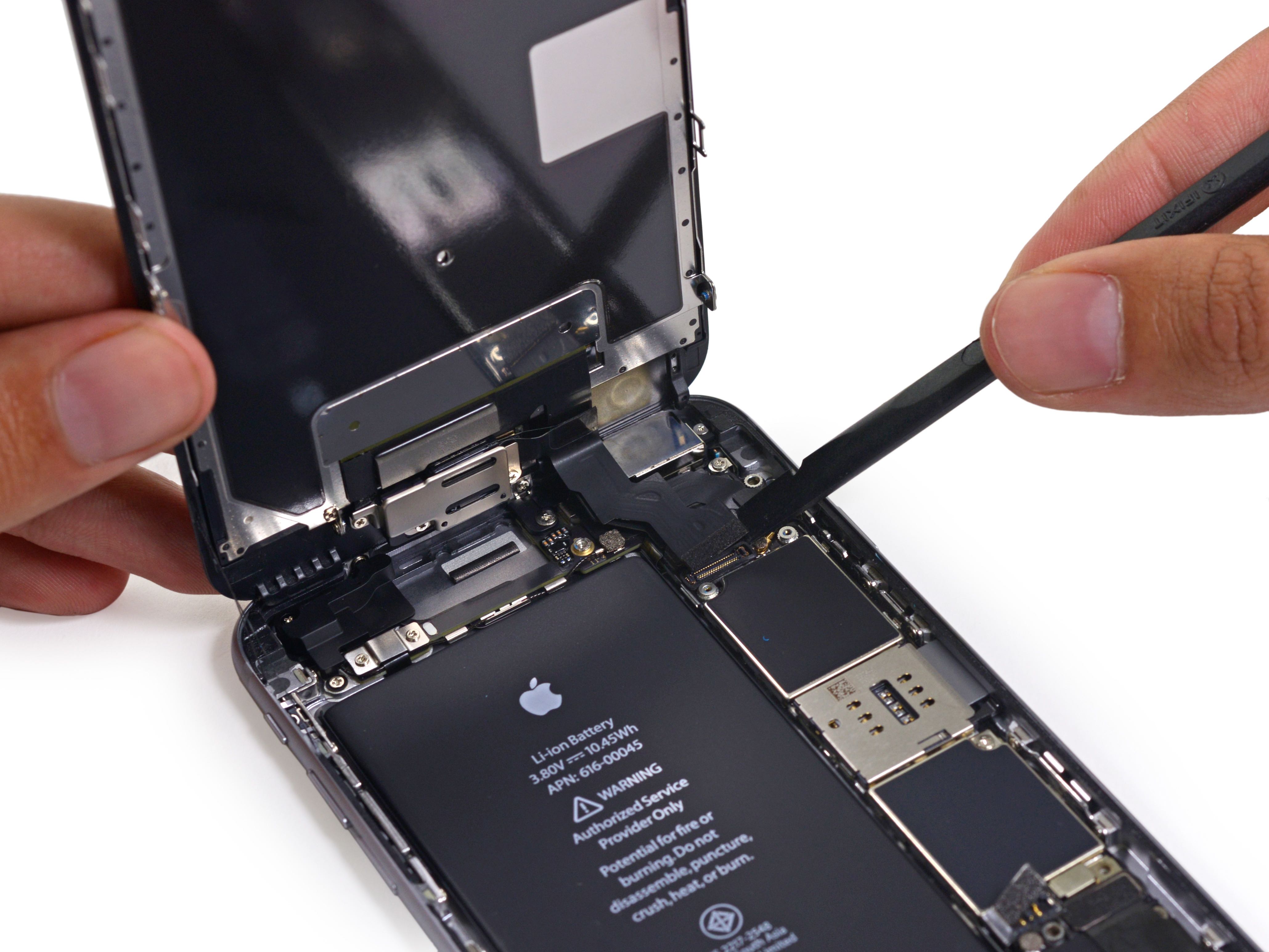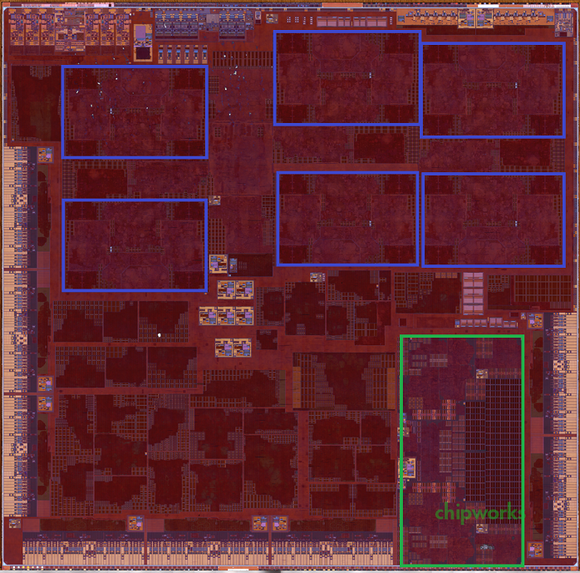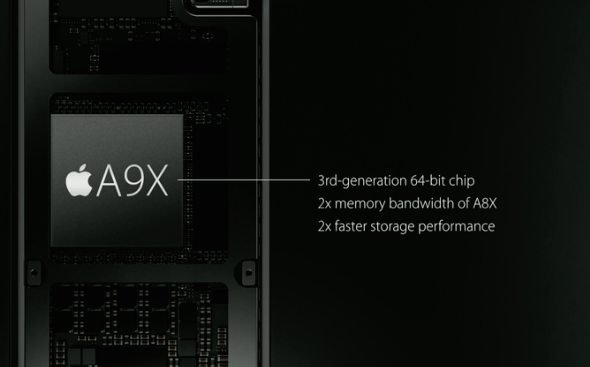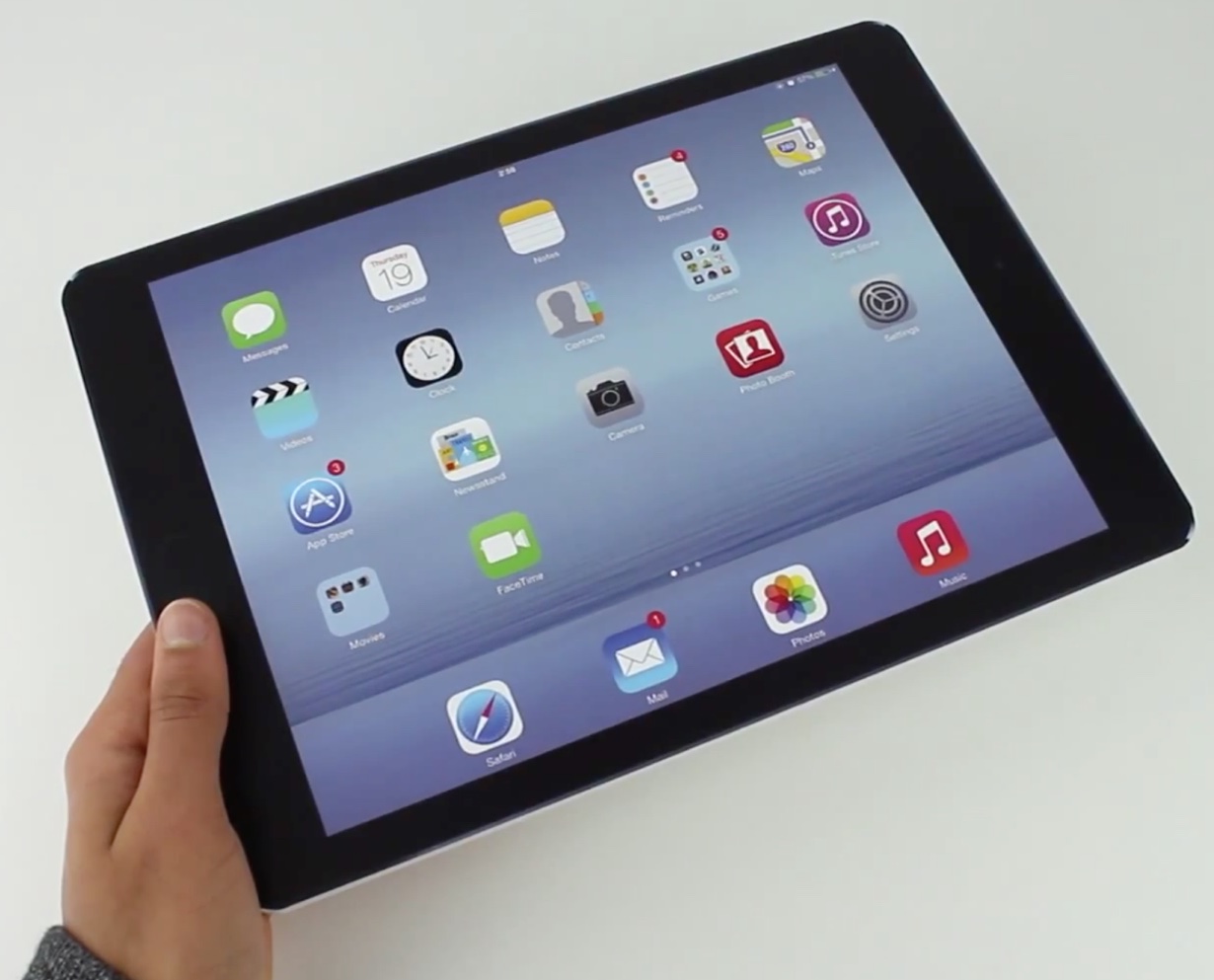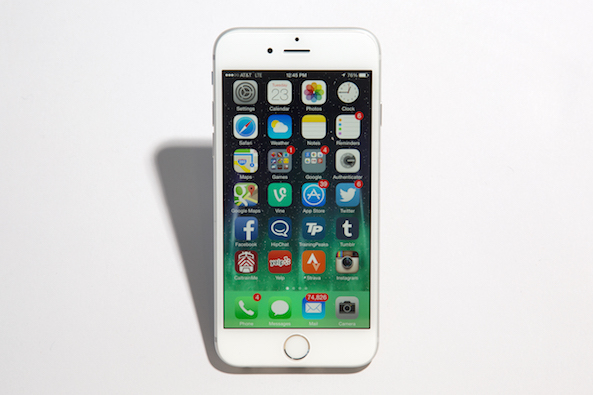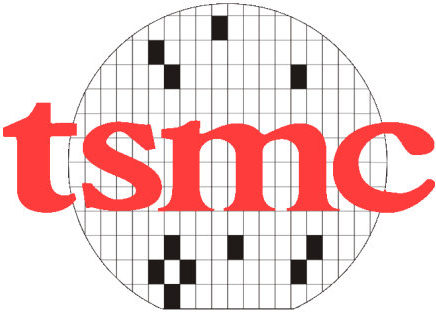At its press-only media event Monday morning, which is currently underway in Cupertino, California, Apple has formally announced a smaller iPad Pro alongside the iPhone SE, new Apple Watch bands and more. As previously suspected, the new device is a smaller 9.7-inch iPad Pro model that shares the same powerful internals with its bigger brother rather than it being a third-generation iPad Air.
These include Apple's most advanced A9X processor, a 2,048-by-1,536 pixel resolution screen with pixel support for the Apple Pencil, the Smart Connector that allows accessories to attach magnetically and provides power and data, and other perks—and it weighs less than a pound, which is the same wight as the iPad Air 2.

